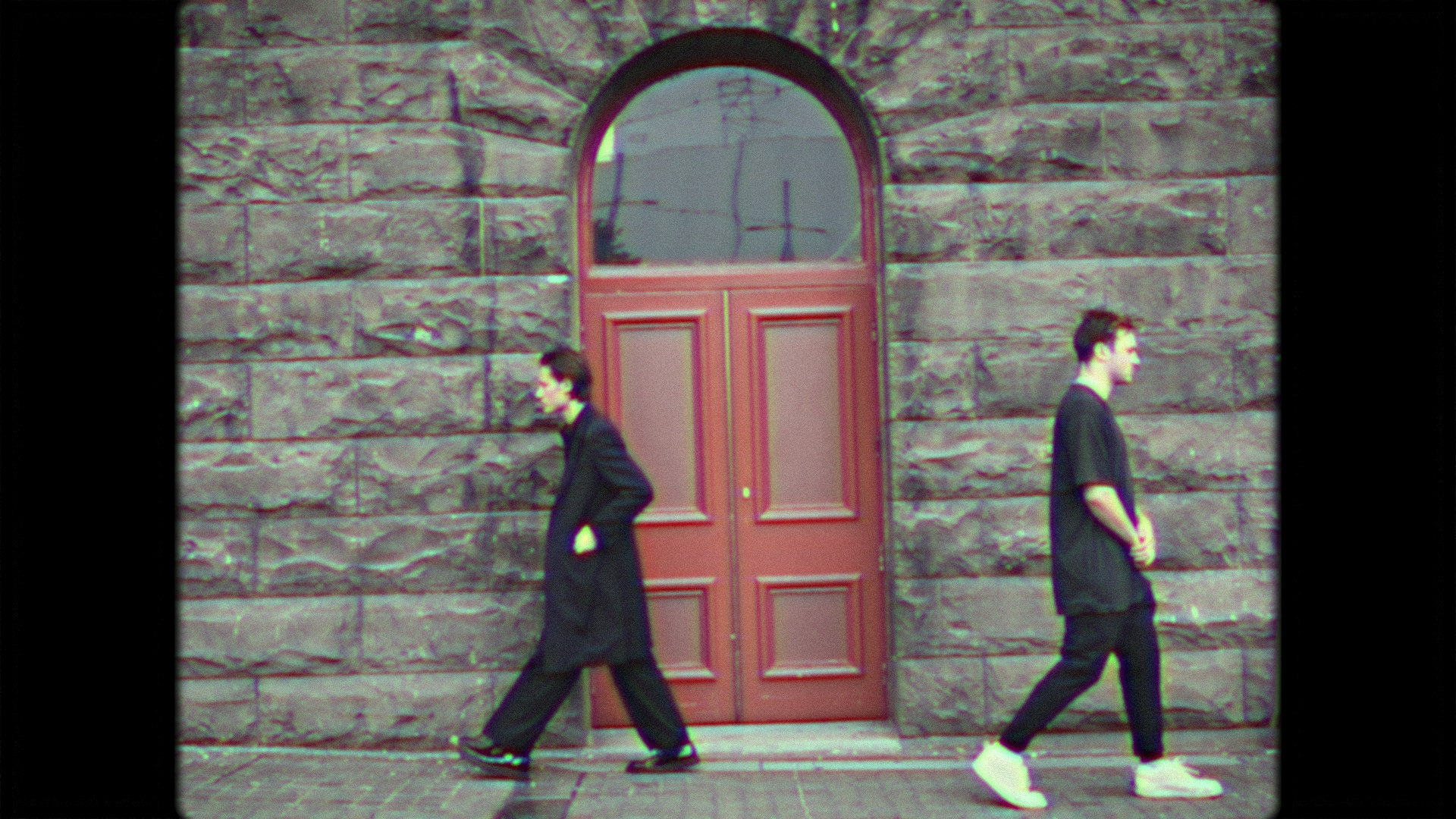
I’ve grown to admire what simplicity can bring to art. As an artist, I explore emotional experiences by keeping things as simple as possible. I try not to overwork the context behind my film; rather, I try to keep the context hidden thereby encouraging viewers to interact and interpret the work from different perspectives. Today I thought about you is a visual letter that functions as a sentimental goodbye hinting to a person that, at another time, in another place I will still cherish and deeply care for them. In this visual narrative simplicity blossoms, and through simplicity comes a sense of nothingness that defines the value of a sentimental goodbye. Simplicity is key to many things in life, that’s one way of engaging with the on-screen words that are displayed for a brief moment which are eventually disrupted by the nothingness provided through the visual narrative.
Being young and in love compels often gets lost in translation; life is so wonderful when we’re surrounded by people we love. However once we fall out of love, there’s always a sense that we’re standing worlds apart. This sense can be interpreted as the feelings that emerge when we become romantically entwined. These feelings take us to a land of nothingness where we just think about them. But when things end there are feelings of resentment that come with regret at not being able to be with that person anymore and deeply care for them.
Today I thought about you is a sentimental goodbye to a specific person. The video explores the idea of letting them know that in another time and in another place I will cherish them. The silence in the film creates a vivid image for viewers to understand the influence of resentment that comes during the process of moving forward. By having the beauty of nothingness speaking through the visual narrative, viewers can grasp a sense of regret which disrupts the simplicity of saying goodbye and moving forward. The narrative creates a sense of an important exchange being lost in translation; as viewers we are left wondering whether there was ever a reply from the other side.



